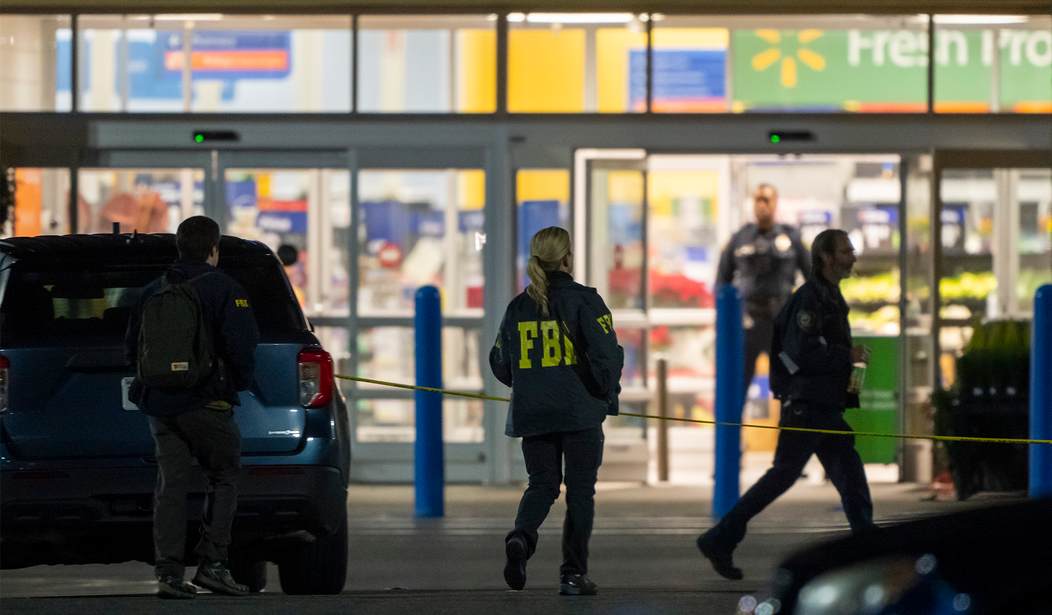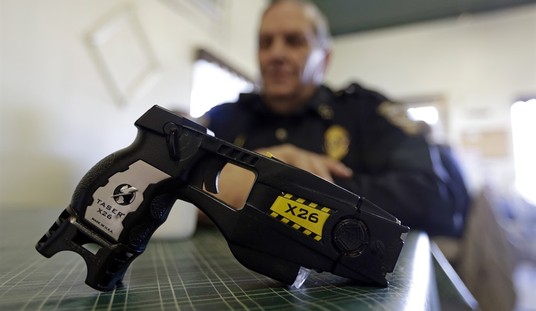Over the last handful of years, we’ve heard a lot about the weaponization of the federal government, including with agencies like the FBI. We saw a lot of evidence that the Bureau worked against President Donald Trump and isn’t really a good friend of the American people.
I have no doubt there are agents who are stalwart defenders of the Constitution. Don’t get me wrong. Yet the Bureau as a whole has issues and we’ve seen a lot of discussion in the hall of Congress about those issues.
Yet we need to remember that the issues with the FBI aren’t exactly new.
Instead, they started quite a while back, they were just a tad more subtle then. The most obvious clue was something we’ve talked about before, but came back up over at America’s 1st Freedom.
While Americans are frequently confronted with stories centered on guns being used to take lives, few are aware that many more humans are likely saved by firearms every year. A key reason for this lack of understanding is unreliable federal crime data—data that has too often been skewed by anti-gun politics.
As currently defined by the FBI, active-shooter incidents involve individuals who kill or attempt to kill people in a populated, public place, even if only one shot is fired or the intended target is not struck. Shootings that are related to other criminal activities, such as robberies or drug-turf wars, are not included in the FBI’s “Active Shooter Incident” reports.
But, according to economist John Lott, there was an abundance of cases missing or misidentified by the FBI, and while the FBI acknowledged errors, the Bureau failed to update the reports for accuracy purposes. Lott is the president and founder of the Crime Prevention Research Center (CPRC), and also worked in the U.S. Department of Justice (DOJ) up until January 2021 as senior advisor for research and statistics evalutating the FBI’s reports.
“The FBI continues to report that armed citizens stopped only 14 of the 302 active shooter incidents that it identified for the period 2014-2022. The correct rate is almost eight times higher. And if we limit the discussion to places where permit holders were allowed to carry, the rate is eleven times higher,” wrote Lott. He further noted, “[O]ut of 440 active shooter incidents from 2014 to 2022, an armed citizen stopped 157. We also found that the FBI had misidentified five cases, usually because the person who stopped the attack was incorrectly identified as a security guard.”
He also emphasized that while the FBI claims that just 4.6% of active murderers were halted by law-abiding citizens carrying guns, his research found that the figure was at least 35.7%. A false statistic—like this 4.6%—misleads people and can prevent good policies from being passed.
Now, if these statistics existed in a vacuum, it wouldn’t be a big thing. They don’t.
Instead, these numbers are often spouted by anti-gun zealots seeking to undermine the idea that an armed citizen can actually make a difference. Now, I can dispute that argument easily enough even without the corrected statistics presented above, but the problem is that I shouldn’t have to.
These false statistics may well be mistakes, but in light of what we’ve seen from the FBI, I’m not feeling particularly charitable.
These “statistics” are skewed heavily in a way which advances a particular narrative, one that coincides with the politics we’ve seen out of the FBI a great deal of late. It advances the mistaken belief that good guys with guns are a myth and so there’s little reason for anyone to carry a gun.
And they’re used for just that purpose.
So we’re going to talk about why these statistics are bull. I’m going to keep bringing them up on a regular basis because the FBI numbers are going to keep being used until even the most shameless anti-gunner is afraid to bring them up.
Plus, I’m more than a little offended by the notion that even more of my tax dollars are going toward an effort to continue trying to take my fundamental, constitutionally protected rights.








Join the conversation as a VIP Member